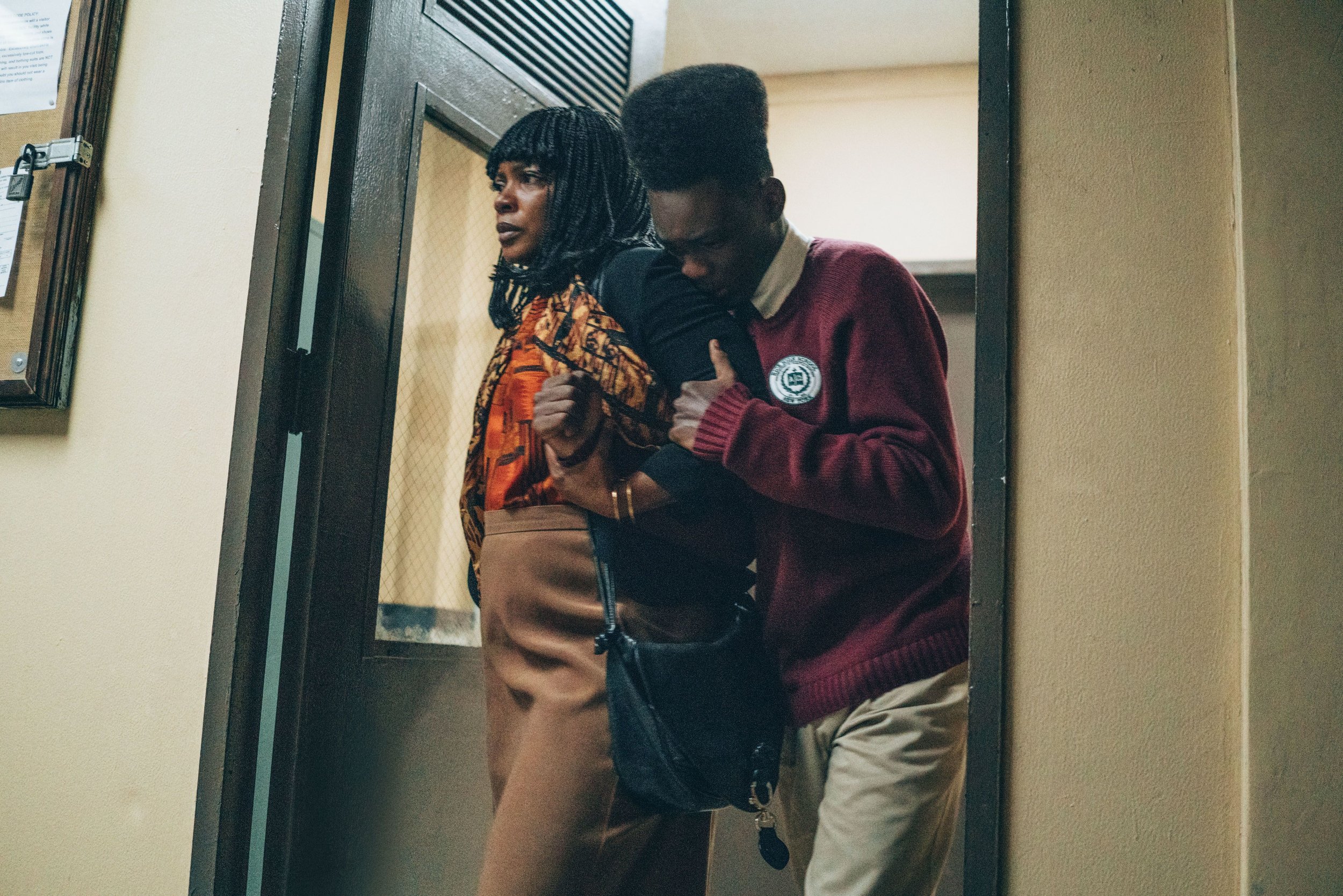A nightmare is vividly recreated in ‘When They See Us’
In 1989, five teenage boys were convicted of the rape and beating of Trisha Meili and each served 6-13 years in prison before being fully exonerated of the crime in 2002, after DNA evidence surfaced, along with a full confession from the actual rapist. This was known as the Central Park Jogger case, which turned into a highly publicized, racially charged trial that resulted in the human tragedy of five young lives being destroyed over a crime they did not commit. Ava Duvernay has now directed a four episode miniseries that recounts the events in uncompromising fashion, shining a new light on the men who can never get back what was taken from them.
The Central Park Jogger incident captured the media spotlight in the early 90s with a gripping urgency, as the crime committed against Trisha Meilly was so horrific as to demand immediate retribution from the public and the NYPD at the time, desperate to arrest literally anybody for the act. There was a Ken Burns documentary on the incident released in 2012 that unravels it in detail, but Duvernay’s miniseries is structured in four distinct parts- the arrests and confessions, the trial, the post-prison re-integration into society, and most harrowing of all, the final episode which presents unsparingly the prison sentence of Korey Wise, the only teenager of the five to have served in an adult maximum security prison at the age of 16.
Falsely accused with unimaginable consequences
Each episode is involving, absorbing and stunningly acted, but this is a show that will make you fiercely angry and you may find it hard to watch. The incompetent, haphazard investigation was led by Linda Fairstein (Felicity Huffman), who was determined to pin the crime on these young men who became known as the Central Park Five, and the NYPD coerced confessions from them by holding them in harsh conditions without adults for up to 48 hours. The case as presented in the trial had no physical or eyewitness evidence tying the boys to the assault and rested entirely on the confessions, which were on tape. The willful blindness, racial hatred and ignorance from those in power directed at those with none (four of the boys were black, one hispanic, all from working class families naive in how to navigate the legal system) makes for an infuriating sit as we witness the targeted corruption at work in every aspect of this flawed system. Duvernay doesn’t manipulate sentimentality and she doesn’t have to- the story and the events themselves, as they happened are enough to induce the kind of rage that few dramatizations can.
The last episode in particular nearly destroyed me. Jharrel Jerome, from Moonlight, plays Korey Wise, and is the only one of the cast not to change actors as the boys grow into adults, giving him the chance to portray Korey as he experiences the harsh, devastating reality of his time in maximum security facilities. Jerome gives an astonishing, devastating performance in what’s by far the most difficult role, conveying the depths of Korey’s traumatic every day life devoid of sympathy and affection or recognition, save from a sole guard played by Logan Marshall-Green, of his youth. This system did not see these boys as boys, which they were, or hardly even as humans. It is a haunting, relentless, unsparing look at a tragedy, which is hardly mitigated by the eventual exoneration or settlement, as the men can never reclaim what was lost to them (and are still accused by fiends like Donald Trump, who called for their execution at the time and refuses to admit their innocence to this day, along with the NYPD and Fairstein herself, who is finally, rightfully served up on the platter she belongs to the condemnation of history).
I found this show harrowing to watch, but crucial to experience. You may want to look away, but this show makes it hard for you to do so, as it was impossible for these men, who could not. We owe it to them to hear their story.
Grade: A
Jharell Jerome tears your heart out in the final episode as Korey Wise




